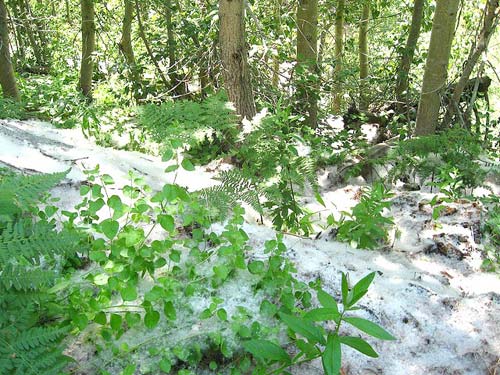by Aasia Hassan
We could learn something from Japan and keep a mask with us especially in pollen season, or times when the common cold infections are prevalent such as winter or simply to put a mask on because you boarded a crowded bus.

Face masks though not a new invention were not in the picture before Covid-19 took over.
The first time I wore a face mask was probably in 2019 and not because of Covid19. The first case of Covid19 was reported in December 2019, and I wore a mask in October 2019 when the air quality of Delhi was severely poor after the festival Diwali. Honestly to spend some three to four hundred rupees on N-95 Mask did not feel good, but who knew we are going to forget everything and buy masks and sanitizers.
A Great Help
For many people, wearing face masks felt like a punishment, and people resisted wearing masks as much as the authorities had to impose fines as punitive measure.
As soon as the infection rate of covid19 declined, people stopped wearing masks in public. So nowadays you will only see a handful of people wearing masks in public. I am one of those people; I feel masks have been a blessing for us for apparent reasons, firstly, of course, it saves us from infections, secondly it may sound silly but you can avoid unnecessary conversation when your face is covered.

For me there is no going out without a face mask anymore. The other day I was on an outing with my friends, and I was the only one wearing mask, and as we know we have these pollens lingering around, and it causes different types of allergies. By the end of the day all my friends had allergic flu, and I had warned them about the consequences of not wearing a mask. I have a history of getting flu and fever in this season, but I realised it recently that ever since I started face mask, my chances of getting sick have diminished. I was wondering why I did not think of wearing a mask before. Due to face masks, you will see reduction in overall infections.
The Japan Experience
Do you know in Japan, it has become a part of civilised life to wear masks?
Japanese people have become comfortable with covering their faces both for medical reasons and to conform to the norms of the society. During the Spanish flu of 1918, in the absence of a vaccine, masks proved efficient in containing the virus. Local authorities across Japan were directed to encourage people to wear masks in hospitals, on public transportation, and in crowded areas, much like we did some time before.
A year later, free masks were provided to those who could not afford them, and theatres, buses and cinemas were added to the list of public places where wearing masks was mandatory. Over the next century, a series of major public and global health threats and crises across East Asia, including the 2003 outbreak of severe acute respiratory syndrome (SARS) and swine flu in 2009, further cultivated a culture of mask wearing among the general public in Japan. Ultimately, wearing face masks came to symbolize a collective and targeted defence against the invisible threat of pandemics.
Interrupts Transmission
It’s not difficult to see why wearing face masks can be an effective measure to reduce transmission. By providing an additional layer of protection, they can help to prevent the wearer from spreading viral infections to others, which is particularly useful in high-risk circumstances where physical distancing proves impossible and the level of ventilation is either minimal or unknown.
Authorities in Japan began to use public health campaigns in earnest to encourage the use of masks in the early 2000s. There was a growing push for people to understand that their individual actions mattered, not only for their own health but also for the health of their communities and the country at large. Gradually, the practice of mask-wearing became less dependent on a specific pandemic threat and premised more on an individual duty to protect one’s family, community and country, which demanded sustained engagement. It was not surprising then that public campaigns also built upon themes that integrated family and work life.
On the one hand, mask-wearing came to symbolize the love and care in people’s relations with their family members. At the same time, masks became embedded in an employee’s contribution to the national economy because it prevented the interruption of work due to sickness.

Masks are common in Japan during pollen season of cedars and cypresses or other trees. These pollens cause hay fever- which refers to sneezing, runny nose and other symptoms which people may feel due to an allergic reaction that happens when such pollen enters the body. So they have a custom of wearing masks to schools and offices as well as when going outside.
Follow The Suit
Rules do not always need to be written, and there need not be enforcement for everything. Sometimes we as civilized citizens need to do certain acts and protect ourselves along with our family and community, even if the act is wearing just a mask. We could learn something from Japan and keep a mask with us especially in pollen season, or times when the common cold infections are prevalent such as winter or simply to put a mask on because you boarded a crowded bus.
(The author is a research scholar at the Indian Law Institute, New Delhi. She completed her LLM in Constitutional Law. She also is a blogger. The opinions expressed in this article are those of the author and do not purport to reflect the opinions or views of Kashmir Life.)















